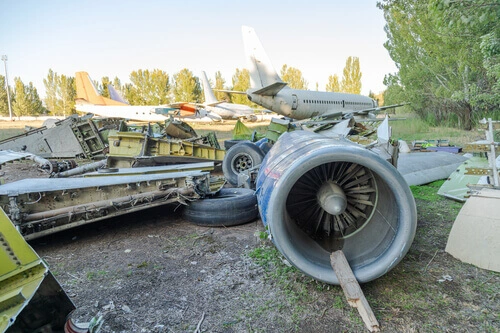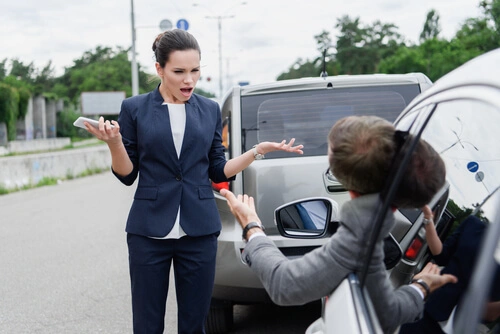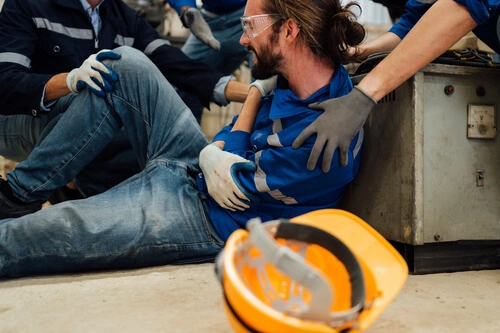Oldsmar Premises Liability Lawyer
We are all required to use a certain amount of care in our dealings with other people. We are all, for example, required to follow traffic laws when driving. Certain individuals, however, owe an even higher duty of care to others. Property owners, for instance, must take reasonable steps to ensure that their premises are safe for visitors and so can be held liable if someone is injured as a result of their failure to do so.
Known colloquially as slip and fall claims, premises liability cases can be filed by those who are injured on someone else’s property and are attempting to recover compensation for accident-related losses. To learn more about what is required to file your own premises liability claim against a negligent property owner, please contact one of our experienced Oldsmar premises liability lawyers today.
Landowner Duties
Property owners who invite visitors onto their property are required to take certain steps to ensure that their premises are safe. This includes:
- Inspecting their premises for hazards on a regular basis;
- Conducting necessary maintenance;
- Repairing any hazardous conditions; and
- Warning visitors of hazards that aren’t open and obvious, but that could endanger guests.
Property owners who fail to fulfill these duties could be held liable if their negligence resulted in a visitor being injured by a dangerous condition. The most common examples of a dangerous condition include:
- Wet floors;
- Broken or nonexistent railings;
- Inadequate lighting;
- Uneven stairs;
- Icy, cracked, or wet sidewalks;
- Uneven or warped flooring; and
- Bulging or torn carpet.
In order to recover for injuries sustained as a result of these types of dangerous conditions, a plaintiff must be able to demonstrate that the property owner knew or should have known about the hazard in question. When a dangerous hazard is permanent and obvious to visitors, such as a hole in the floor or a broken railing, this can be a relatively simple task, as courts generally presume that property owners are aware (or at least should be aware) of such defects on their property. A property owner’s knowledge of a temporary condition, on the other hand, such as a spill in a grocery store aisle, can be more difficult to establish. Fortunately, doing so is not impossible, but only requires an assessment of the length of time that the condition existed before the plaintiff was injured. If, for example, a person slipped on a spill that had only been there for a few seconds, the owner of the store would most likely not be held liable for damages, unless spills in a certain area were common or there is evidence that an employee actually saw the spill occur.
Contact Our Oldsmar Legal Team Today
For help determining how to prove that a landowner’s negligence caused your own injury, please call the premises liability legal team at the Pawlowski // Mastrilli Law Group today. We are standing by to address your slip and fall-related questions and concerns, so please don’t hesitate to call or contact us online at your earliest convenience.










